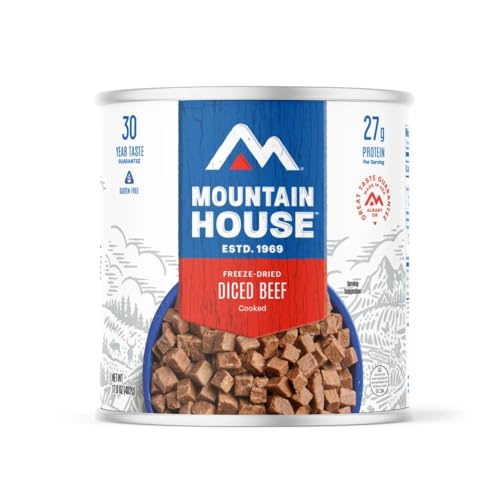I tend to be drawn to pickups from the late 90s - tons of room to work under the hood, everything is pretty easy to reach, early OBD2 helps with diagnostics, not an overload of computer stuff, and parts are easily found. My 2007 Nitro - while cramped - I won't hesitate to dive under the hood, my 2018 Tucson? Nope. I've done brakes on it but other than fluid checks and changes, it goes to the shop.
Like Bullfrog, I rolled (and still do) ACVWs for years. While they have a reputation for reliability, IMHO they weren't any more reliable than anything else of the same vintage (outside of cooling issues), just a lot more simple to work on: basic points ignition, air cooled, simple carb, no cooling hoses to leak, no radiator to boil over, no water pump to go out. Even a clutch change - in a pinch - could be done in a few hours in a parking lot if you had a couple of jacks, basic tools (bigass socket for the gland nut), a big piece of cardboard, and a pipe. A couple of wires and hoses, 4 bolts on the trans, a couple on the engine hanger, lift the back up a bit, slide it out. One person could pull it off. A decline in parts quality and spotty availability definitely skews the reliability factor, but the basics are still the same: easy to work on. My bus has a small gym bag of spare parts: clutch & throttle cables, points, coil, condensers, plugs, belt, fuel filters, fuel pump, a couple lengths of fuel line, complete halfshaft, small box of various fasteners, lengths of wire, and bulbs. While the starter and alt are original and probably could go out at any time, those aren't in the bag even though they could be changed on the side of the road quickly. Push starting or swapping over to my large house battery would get me down the road far enough to do the job without having to pick ticks off me for the next 6 hours, I don't need to waste the space on those things. A Stanley 100-something piece metric tool kit in a nice flat case, vice grips, a breaker bar, pry bar, VOM, strippers (wooohooo!!), crimper, collections of terminals, a couple of the needed larger sockets, and a cordless impact. If I need more that that, I need a tow.
I know more than one guy making a cross-country trip in their bus brought a complete spare engine with them. One actually used it. There's a breaking point between "I have enough stuff to be comfortable" and "I have a complete other vehicle with me" that only you know where that line is.

































































